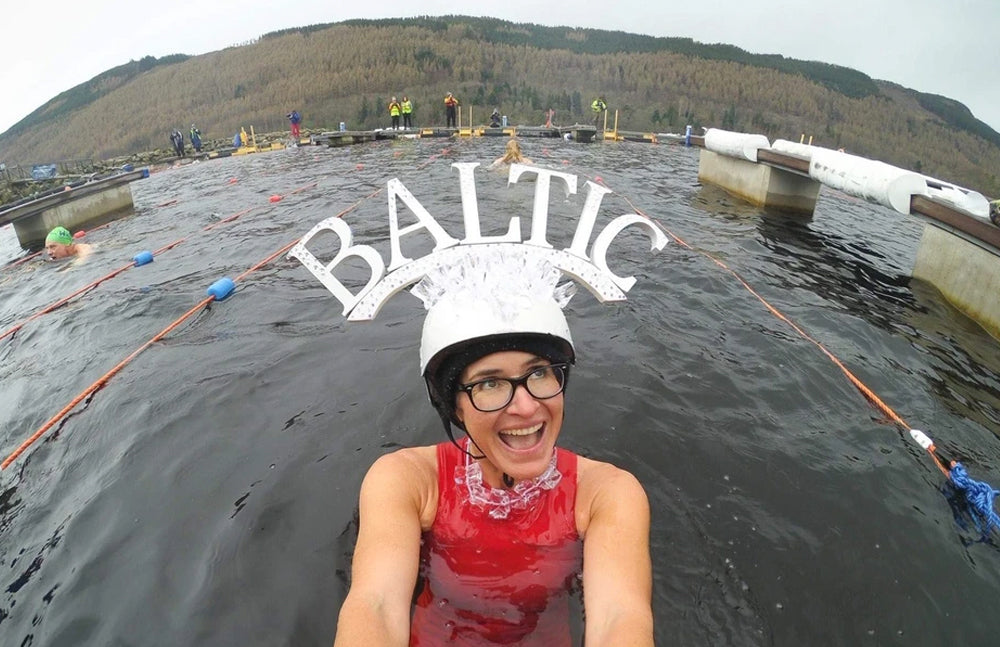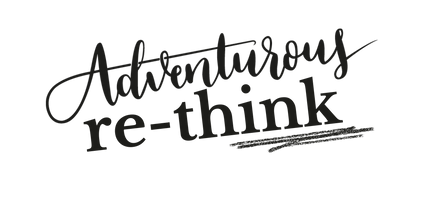New possibilities in the great outdoors

Hey Gilly thanks for making time for a catchup. So, you’re just back from the Womens Trad Fest, what was the most memorable thing you’ve taken away?
It was really the incredible energy with everyone there. It’s a very huggy festival. I must have had about 300 hugs over the weekend.
We aim to create a great space for people to realise the possibilities that trad climbing affords them, free from the typical expectations of what a festival event is about.
The festival is serious about a proper no egos, no heroes attitude, which filters through into everything.

You must be doing something right as we hear it sold out in under 1 minute? That is just incredible!
Yes, I guess. We ended up with a waiting list of over 200. I think it sold in one refresh click.
Our approach is to support, motivate and inspire more women (and men!) to take up what is really quite a difficult sport to get into. What that means in practice is that we have a clear support and mentoring structure, with qualified Mountain Instructors who mentor “leader” climbers, who in turn partner with newbie climbers.
It's an approach that really helps build participants confidence through positive collaboration, something that the trad climbing environment really helps foster.

So how did the festival start out?
Well trad climbing, that’s climbing on routes where you place all your protection as you go, and remove it all as you leave, is quite a difficult sport to get into for a whole host of reasons.
It takes time to learn the skills and used to be the primary domain of beardy guys in red socks! It’s changed since then, but with still only 10% female mountaineer instructors out there we are hoping to encourage more women to take it up, either for fun, or as a profession.
The route into it for women was often with a male climbing partner, who could often be quite protective, understandably as they want to keep their partner safe. But what that leads to is a fairly gender defined approach, with the guy taking the lead, setting the belays and managing all the risk.
We push past that, enabling women to create their own safe space on the rock, both literally and metaphorically. This enables participants to come out of their comfort zone, which is when real mental growth happens.
Because we sell tickets individually, about our participants come alone, which means thay are probably somewhat out of their comfort zone when they arrive. That’s a great space for their heads to be, because it’s already opening up new possibilities.

That seems to be a big thing for you, the opening-up of possibilities.
Absolutely! Life is all about the choices. But most of the time people don’t realise how the choices they make, or don’t make, have been pre-determined or limited in some way. The majority of folk go through life with a set of blinkers on. What I’m trying to do is help people open up and realise that there are always choices.
I’m just trying to create moments when choices become more apparent, and people can make a positive decision that moves them forward.
We don’t always see it that way because society conditions us to respond in certain ways, and not notice the choices implicit in our decisions. I’m just trying to create moments when choices become more apparent, and people can make a positive decision that moves them forward. We can choose to unfollow people that make us feel bad about ourselves, for example, or we can make space for one minute to meditate.
From these tiny ripples can come bigger changes towards a happier life. Life is hard enough - so being aware of this choice bit is important for me.
Is there something about being outdoors that helps with that?
We can be “in nature” in lots of ways, and being more present can help us calm our minds from the hustle and bustle of everyday distractions shouting for attention. It’s about adopting a headspace, an awareness, that can be accessed anytime or place through simple meditative approaches, like recognising a situation, an emotion or a thought without judgement.
It's about learning techniques that help you remember that ‘this is now’. What is happening, or how you are feeling, it is temporary and transient, and lacks any meaning other than what you burden it with.

That sounds powerful. It must have been quite a journey that led you to this perspective?
It partly came from a climbing accident I had in Utah, where I had quite a bad fall, and broke my back and ribs.
I remember thinking on the stretcher as they shouldered me out “This is not going to define or limit me. This will pass and I’ll be back...” I made a sort of promise to myself it was gonna be ok and six months later I was back climbing.
Don’t get me wrong, it was utterly desperate at first!
Wow. That’s incredible.
That started a journey that took me from working full time in the outdoor industry, for snowboard brands then the climbing company DMM, to going freelance myself a couple of years ago. I knew I wanted to do more to help others gain the benefits I’d found from nurturing my own mental growth in the great outdoors. So the Women’s Trad Festival is part of this.

Is mental growth the inspiration for the ice swimming, that you wrote about in Sidetracked?
Kind of. It’s certainly closely related. I started swimming regularly in cold water to raise money for the mental health charity Mind, and as the winter got colder I figured I had to just deal with the ice.
I now get a lot of people getting in touch by email or on Instagram saying “I could never do that.” My response is always the same “You can. You just need to open up the possibility of doing it.”
I don’t want to fixate on swimming frozen tarns or leading exposed rock climbs.
But it needn’t be the possibility of breaking the ice to go wild swimming. It could equally be the possibility of walking barefoot in a London park, and not feeling embarrassed or self-conscious. There are a great many ways to open up to nature and the wellbeing it provides, I don’t want to fixate on swimming frozen tarns or leading exposed rock climbs. That perpetuates the macho mindset where nature is something to be conquered, an attitude that defined the outdoor industry for a long time.
That said, I am a huge advocate for the wellbeing that cold water swimming affords. It releases serotonin, the happy hormone, and stimulates the vagus nerve, which initiates your relaxation response. It’s the same nerve that is stimulated in meditation, prayer and singing. The vagus nerve helps reduce inflammation too, it’s quite incredible! Which is why wild swimming is such a great treatment for anxiety and depression, and a range of other modern ailments.

It sounds like you have a thing about getting away from comfort zones?
I guess it sounds like that! I think that’s where growth happens, and I like exploring that - to know what I like or don’t like and to see what’s possible from my direct experience.
The thing with cold water swimming is that the first 90 seconds are going to be uncomfortable, there is no question about it. That’s ok. It will pass. It’s how we define and respond to the word ‘uncomfortable’ that’s interesting to me. The thing is to develop techniques to deal with it, just like developing a way to meditate, or a way to place gear on a climbing route. Technique and habit are incredibly powerful when matched together.
Growth is not going to happen curled under a rug watching Netflix, though I am partial to an open fire, a dram and a good film like most folk!
__
Incredible! Thanks Gilly. That sounds like proper inspiration to us. Keep up with Gilly via her instagram profile @gillymcarthur
If you're looking for a simple way to enjoy the benefits that time spent outdoors provides, a subscription to Adventurous Ink could be just the thing. Subscribe today and find yourself outdoors.

Picture credits:
Ice swimming - James Kirby
Womens Trad Fest - Charlie Low
Gilly climbing - Ray Wood


